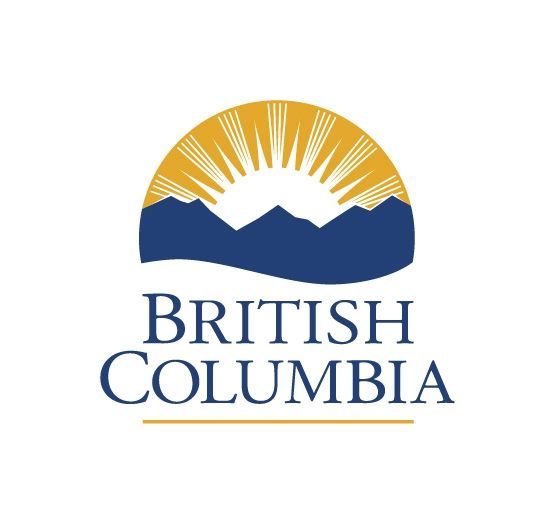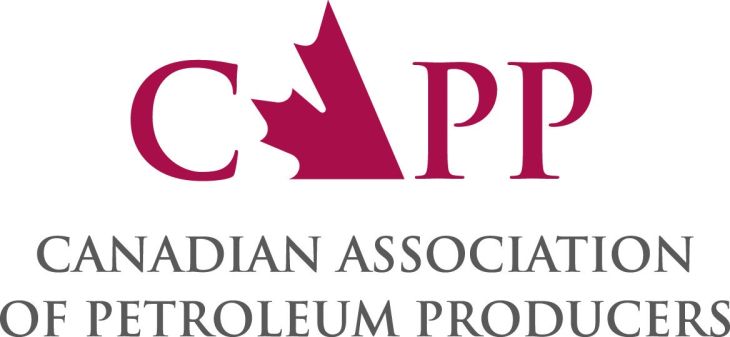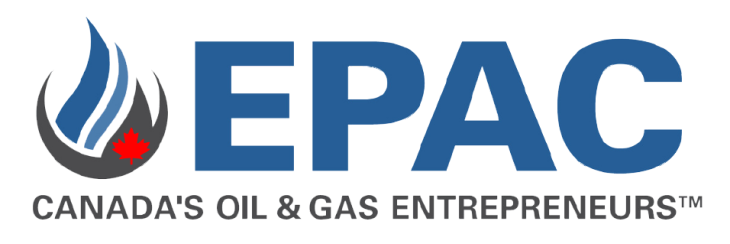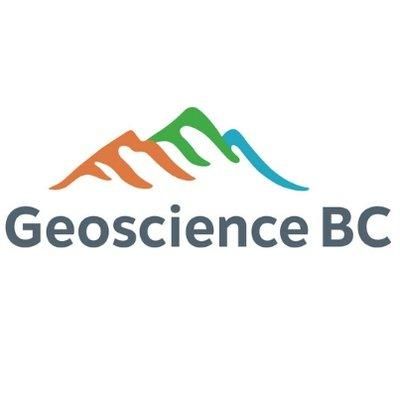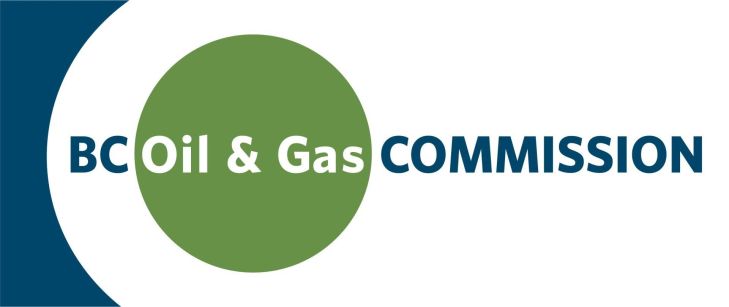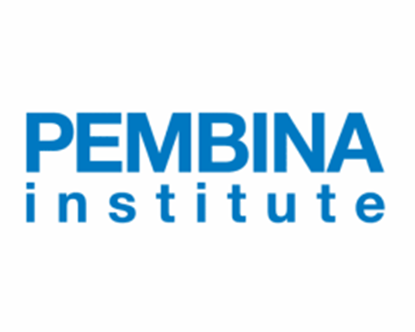The new report found comprehensive surveys are more effective at finding leaks than screening surveys and recommends improvements to data reporting
DATE ISSUED: Nov. 7, 2022
The BC Oil and Gas Methane Emissions Research Collaborative (BC MERC) is releasing a report that examines the effectiveness of the province’s Fugitive Emission Management Program.
Fugitive emissions are the unintentional release of natural gas from oil and gas wells, facilities or pipelines. This may occur from breaks or small cracks in seals, valves and fittings, or when lids or caps on equipment have not been properly closed or tightened. Fugitive emissions are reduced through requirements for permit holders to complete Leak Detection and Repair Surveys (LDAR) at oil and gas wells and facilities.
LDAR data from 2020 was collected from permit holders and provided to St. Francis Xavier University to analyze and meet the following objectives:
- Assess the effectiveness of comprehensive and screening LDAR surveys.
- Evaluate the cost efficiency of comprehensive (optical gas imaging camera) survey methods.
- Evaluate the cost efficiency of screening (audio, visual, olfactory and soap solution bubble test) survey methods.
The LDAR data used in this study was limited as it was collected during the initial year of implementation of the regulatory requirements. Training and fieldwork were impacted by measures to control the COVID pandemic and the data was provided on a voluntary basis by industry. LDAR data for the 2020 calendar year is available on the BC Energy Regulator’s (Regulator) website Methane Reduction page under the 2020 Equivalency Report.
The report outlines several issues with the data quality and finds that comprehensive survey methods were more effective at finding leaks than screening survey methods. Recommendations were made to improve the data, including, making submission of all data mandatory.
The Regulator is working on updates to the regulatory requirements for methane emissions. The updates consider the findings of this report along with other research on methane emissions, learnings from continued implementation of regulatory requirements to reduce methane emissions and stakeholder consultations.
Methane regulations for the oil and gas sector were introduced in B.C. in December 2018. The regulatory requirements address emissions from pneumatic instruments, pumps, compressor seals, tank venting, glycol dehydrators, surface casing vents and fugitive emissions. The Leak Detection and Repair provisions contained within the Drilling and Production Regulation came into force on Jan. 1, 2020.
This study was made possible through funding from the BC Oil and Gas Research and Innovation Society (BC OGRIS).
If you have any questions regarding this Information Update, please contact:
Elisabeth Besson
Advisor, Media Relations
Canadian Association of Petroleum Producers
403-267-1179
Elisabeth.Besson@capp.ca
Tristan Goodman
President
Explorers and Producers Association of Canada
403-269-3454
tristan.goodman@explorersandproducers.ca
Richard Truman
Vice President, External Relations
Geoscience BC
604-662-4147
truman@geosciencebc.com
Alex Burton
Manager, Communications (Industrial Decarbonization)
Pembina Institute
825-994-2558
alexb@pembina.org
Media inquiries for BCER:
